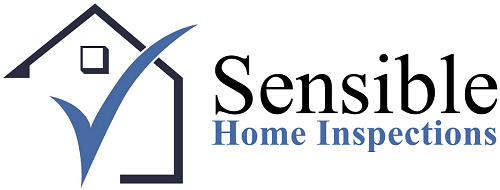A private septic system can be the single most expensive item in a property to replace yet it is usually the most difficult to assess by visual means. Consequently it is a system that many people buying rural property, particularly an older one, often know the least about.
Any standard home and property inspection that I do involves evaluating those systems that are considered easily accessible. By their nature septic systems do not fall into that category. The main components of the system are underground. For that reason, septic systems fall outside of the scope of a regular home inspection. Certainly we will locate where the sanitary plumbing drains into the system and we will examine the ground surface where we believe the septic system is. The functional drainage is checked at all fixtures and unusual sewer odours are noted. Very few if any home inspectors that I know will go beyond that.
When I first started doing home inspections in the early 1990’s most septic systems went uninspected. If a prospective buyer did ask the seller or their real estate agent about the condition or age of the septic system, they might not receive much of an answer. This was probably because the home seller or the agent really didn’t know much about the system either. Sometimes the buyer might be told that the current home owner “hasn’t had any problems” or that “the tank had been pumped and the pumper did not find any problems”, or words to that effect. In any event the reality more often that not was that everyone involved in the process – the home seller, home purchaser, real estate agent, and the home inspector – were largely in the dark.
Things have changed in many areas of the country since then. For instance, almost all real estate purchases in eastern Ontario involving private septic systems, have a clause in the purchase agreement that an inspection of the septic system be undertaken at the purchasers discretion and expense. That’s where the septic inspector comes in.
The septic inspection profession has evolved and developed over the last several years. Very often the septic inspection will be done simultaneously with the home inspection. So I have been present for dozens if not over a hundred septic inspections.
The septic inspection can take two hours. Normally there will be a crew of two. The inspection of a standard septic system has two main parts. First they will locate the tank. This is not always as straight forward as it might seem. At least one of the tank openings are accessed and opened and the contents of the tank are viewed. If the septic inspector does have the equipment to pump the tank, that procedure can be done then as well. Most of the time in my experience, the septic inspection does not involve a tank pumping. It is a value-added item however and does give the inspector a chance to see the bottom sections of the tank.
The second part of the inspection involves locating and accessing the tile bed, or as its sometimes known the leaching field. Again this can be a tricky procedure which can take expertise and experience to be successful.
There are a myriad of conditions the septic inspector is looking for so I won’t go through them here. The main point I want to get across is that almost all of the conditions and problems the septic inspector can and will find are only possible if they do a subsurface investigation. That’s why this service is so important in my view.
I have nothing against pumping septic tanks and in fact that is a necessary part of the upkeep of a septic system. There can be important information about the operating condition of the septic system available to a knowledgeable person pumping the tank. That person doing the pumping may or may not be comfortable rendering an opinion as to the health of the system however. If you as a buyer can be present during the pumping, I recommend it. The more information the better and information and clarity are the lifeblood of my profession. If we could get more knowledgeable experts doing full septic inspections on Prince Edward Island, the better off everyone would be. That includes sellers, buyers, real estate agents, and home inspectors.
David Glennie, CET, RHI


Recent Comments